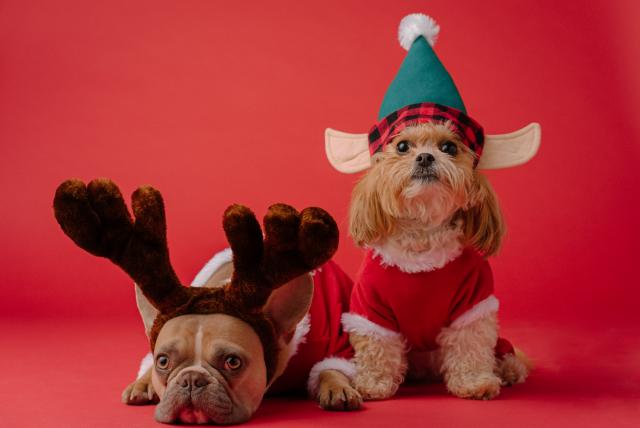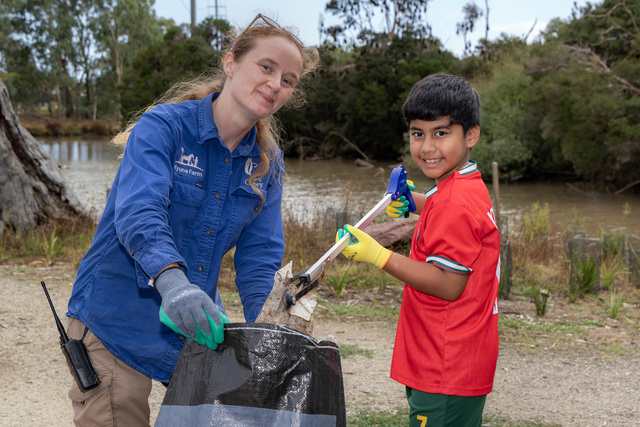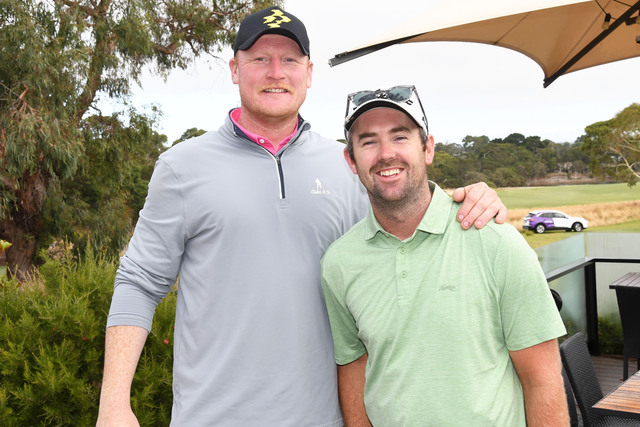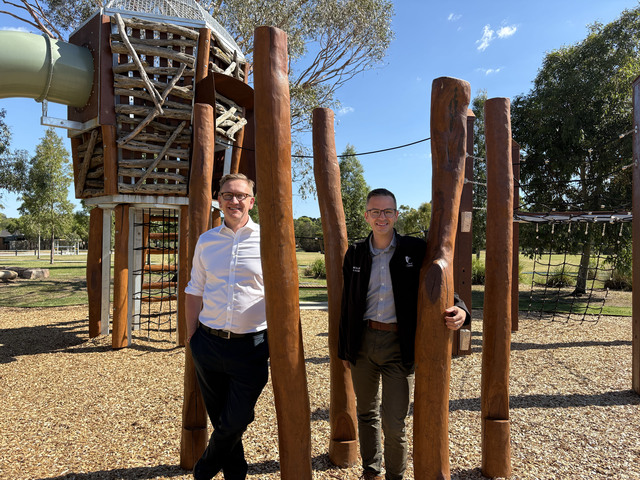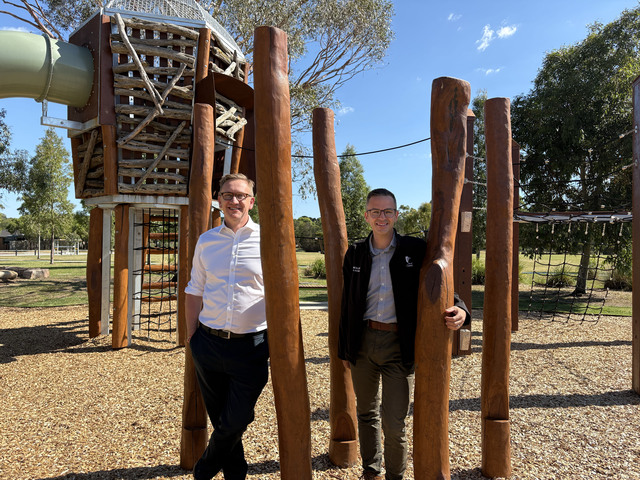Christmas is just around the corner, and as families with pets across Victoria prepare for the festive season, RSPCA Victoria is encouraging everyone to keep dangerous items and foods out of reach from pets while they enjoy their celebrations.
Thousands of pets across Victoria safely enjoy the festive season every year, thanks to the care provided by their owners. While this time of year can be a time for people to indulge, it is vital to remember that some foods and Christmas items are potentially hazardous for pets.
RSPCA Victoria encourages everyone to consider pet health in relation to Food, Gifts, Home, and People at Christmas.
Food – Some pet owners are unaware that certain foods are dangerous to animals, including chocolate, grapes, and cooked bones.
It is important to remember that some foods are unsuitable for pets, causing severe illness or injuries when consumed by animals and requiring immediate veterinary care.
Feeding pets before food is served can help reduce food-seeking behaviour, while an item or activity to occupy their attention can distract overly inquisitive behaviour.
Treat balls, a raw bone, or another long-lasting treat are popular items that can have the desired effect.
Gifts – Avoid leaving unattended gifts within reach of inquisitive animals to avoid consumption of dangerous or toxic items that can cause harm requiring medical attention.
Certain plants can also be an unexpected source of danger for some animals.
Lilies and other commonly gifted plants are highly toxic to cats, both directly and indirectly, and can be fatal without urgent treatment.
Home – Curious animals may mistake decorations for food or toys, which can lead to serious injury if they are ingested or used for play.
Festive decorations are frequently made from harmful materials such as glass or plastic, which require urgent medical attention if chewed or swallowed.
People – Christmas, for many, involves entertaining friends and family, and while some animals enjoy interacting with groups of new or unfamiliar people, others may feel unsettled.
It is essential to make sure pets have an accessible, safe space to retreat to when overwhelmed or tired.
A pet’s behaviour can indicate when they feel anxious, such as excessive panting and licking their lips (for dogs) or flattened ears and hissing (for cats).
Make sure pets are familiar with a safe space they can retreat to at their own will.
A safe space for pets will ideally have decreased sound and light to help reduce the animal’s anxiety. A large box covered with a blanket can be suitable if the space is tight. Alternatively, owners can burn off their pets’ excess energy by exercising them before guests arrive.

